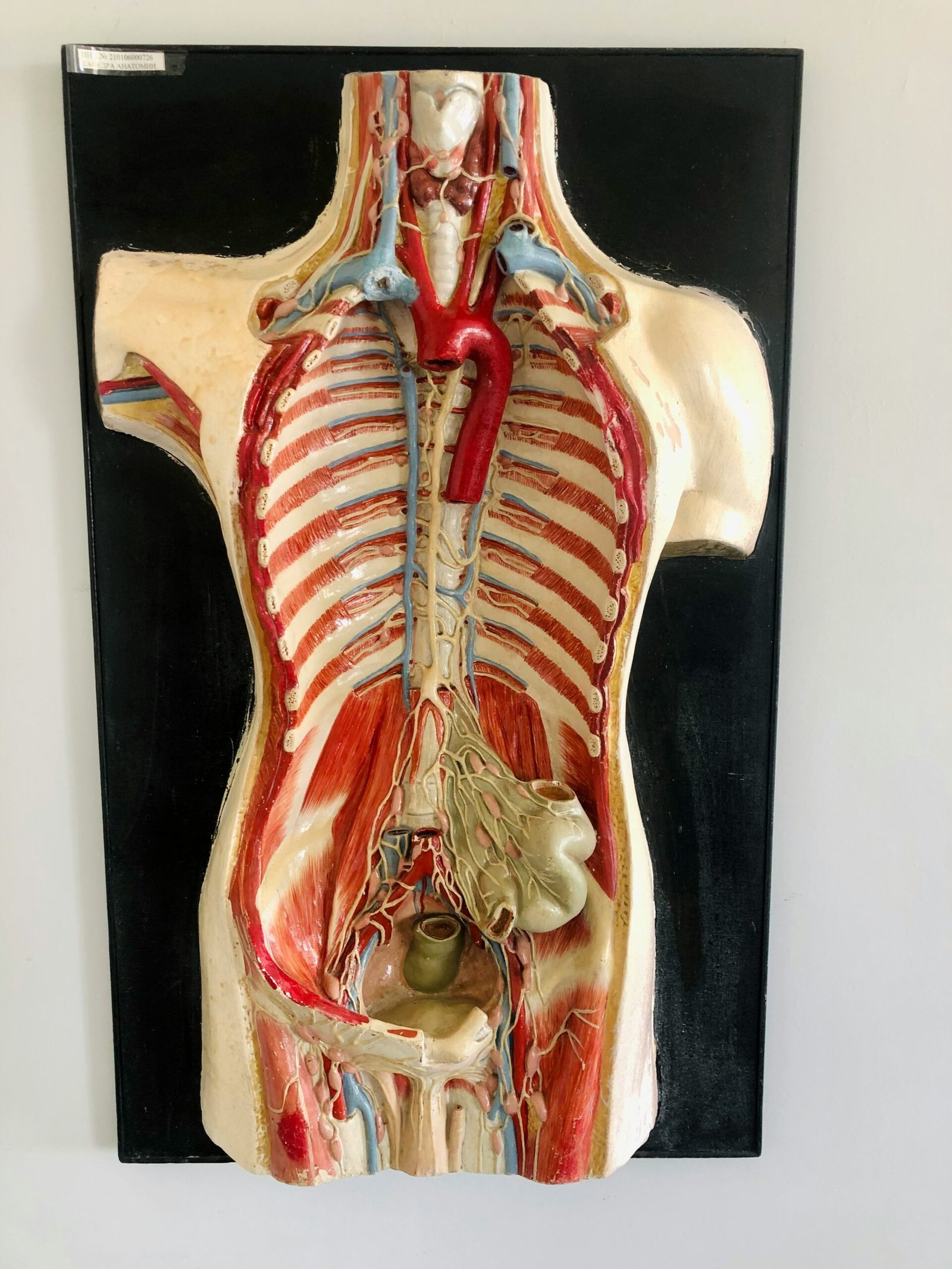1. Mediterranean Diet
Overview
The Mediterranean diet is inspired by the traditional eating habits of countries bordering the Mediterranean Sea. It emphasizes whole foods, healthy fats, and lean proteins while minimizing processed foods and red meat.
Benefits
- Heart Health: Rich in antioxidants and omega-3 fatty acids, it helps reduce the risk of cardiovascular diseases.
- Longevity: Studies suggest that this diet contributes to a longer, healthier life.
- Flexibility: Easy to adapt and includes a variety of delicious foods.
Considerations
While the Mediterranean diet is generally easy to follow, it requires a focus on high-quality, fresh ingredients and may involve more meal preparation.
Learn more about the Mediterranean diet
2. DASH Diet
Overview
The Dietary Approaches to Stop Hypertension (DASH) diet focuses on reducing sodium intake and increasing the consumption of nutrient-rich foods such as fruits, vegetables, whole grains, and lean proteins.
Benefits
- Blood Pressure: Effective for lowering high blood pressure and improving heart health.
- Nutrient-Rich: Provides essential vitamins and minerals for overall health.
- Preventive Health: Helps prevent chronic diseases associated with high sodium intake.
Considerations
Reducing sodium intake might be challenging for those used to high-sodium diets. Planning and preparation are key to adhering to this diet.
3. Plant-Based Diet
Overview
A plant-based diet prioritizes fruits, vegetables, legumes, nuts, seeds, and whole grains while minimizing animal products. It can be beneficial for both weight management and overall health.
Benefits
- Weight Management: Helps maintain a healthy weight due to high fiber content and low calorie density.
- Digestive Health: Rich in fiber, which supports healthy digestion.
- Environmental Impact: Reduces environmental footprint by minimizing animal product consumption.
Considerations
Careful planning is necessary to ensure adequate intake of essential nutrients such as protein, vitamin B12, and iron.
Learn about the plant-based diet
4. Whole30 Diet
Overview
The Whole30 diet is a 30-day program designed to reset your eating habits by eliminating sugar, grains, legumes, and dairy. It focuses on whole, unprocessed foods.
Benefits
- Food Sensitivity: Helps identify food sensitivities and intolerances.
- Improved Health: May lead to improvements in digestion, energy levels, and skin health.
- Healthy Habits: Encourages the development of healthy eating habits.
Considerations
The restrictive nature of the Whole30 diet may be challenging for some individuals. It requires significant meal planning and preparation.
5. Flexitarian Diet
Overview
The Flexitarian diet is a flexible approach that emphasizes plant-based foods while allowing occasional meat consumption. It offers a balance between vegetarian and traditional diets.
Benefits
- Health Benefits: Supports weight management and overall health by reducing processed food intake.
- Flexibility: Allows for occasional meat, making it easier to adhere to long-term.
- Sustainability: Contributes to environmental sustainability through reduced meat consumption.
Considerations
While flexible, the diet requires mindful planning to ensure a balanced intake of nutrients from plant-based sources.
Choosing the Right Diet Plan
Each diet plan offers unique benefits and can contribute to a healthier lifestyle. The best choice depends on your personal health goals, preferences, and lifestyle. Consider consulting with a nutritionist or healthcare provider to find a plan that aligns with your needs and supports your journey towards optimal health.
For more information on healthy eating and diet plans, visit ChooseMyPlate.gov.



